Mystics and creatives: a book list from Victoria MacKenzie
Guest
This week, on January 19th, we're launching Victoria MacKenzie's extraordinary debut novel ‘For Thy Great Pain Have Mercy On My Little Pain’, a finely-tuned and utterly fascinating story of revelation, hidden lives and the genesis of women’s writing, based on the lives of two fourteenth-century mystics: Julian of Norwich and Margery Kempe.
Here, the author shares a list of books that were important for the writing of the novel:
When I was writing my debut novel, For Thy Great Pain Have Mercy On My Little Pain, the two most important books I read were those written by my main characters – Margery Kempe’s autobiography The Book of Margery Kempe and Julian of Norwich’s Revelations of Divine Love. But many other books were important to me, including those that freed me to write the book the way I wanted to write it.
Revelations of Divine Love by Julian of Norwich translated by Elizabeth Spearing.
In 1373, when Julian of Norwich was thirty years old, she had a series of visions of Christ. She later became an anchoress, living in a single room for more than twenty years, meditating on her visions. This book is the result, and it’s not only of immense theological importance but it’s also the first known book in the English language to be written by a woman.
The Book of Margery Kempe by Margery Kempe translated by Barry Windeatt
Like Julian of Norwich, Margery Kempe experienced visions of Christ, and she visited Julian at her anchoress cell to seek counsel on the meaning of these visions. Unlike Julian, Margery was illiterate, but some years after their meeting Margery dictated her life story. This manuscript, known as The Book of Margery Kempe, is the first autobiography in the English language by a man or woman.
Bird by Bird: Instructions on Writing and Life by Anne Lamott
I first read this book more than twenty years ago and credit it with keeping me going as a writer, even when it seemed that publishing a book was out of reach. Lamott is kind but stern, giving you permission to write those ‘shitty first drafts’, hilariously acknowledging the dangers of the green-eyed monster, and nudging you firmly but gently to keep going.
The Spiral Staircase by Karen Armstrong
This is the second volume of former nun Karen Armstrong’s memoir, and it covers the years immediately after she left the convent and tried to cope with life ‘outside’. Armstrong is such a thoughtful and nuanced writer on religion, and a great antidote to fanaticism and dogma of any kind.
The Testament of Mary by Colm Tóibín
Tóibín takes one of the most famous stories in Western culture, that of the death of Jesus, and one of the most famous woman ever to live, the Virgin Mary, and creates something that feels entirely new and intimate.
Margaret the First by Danielle Dutton
I read this novel several years ago, and haven’t read it since for fear of imitating its extraordinary style and voice. It opened a door in my brain to a new way of writing fiction about real historical figures – it’s strange, elliptical and utterly fresh.
Grief is the Thing With Feathers by Max Porter
This is another book that set me free as a writer – Porter’s book plays with form, and it’s as much a poem as it is a novel. It explores grief and parenthood and it’s both exquisitely sad and exquisitely funny.
Ron Hansen breaks all the rules of writing historical fiction, and at times the chapters feel like potted biographies of his characters. Yet it works. This novel is about the shipwreck of SS Deutschland in 1875, when five nuns travelling to America were among the victims. Their life stories are interwoven with that of Gerard Manley Hopkins, the Victorian poet who immortalised them in his poem ‘The Wreck of the Deutschland’.
I read this slim non-fiction book by artist and novel Sara Baume at the start of Lockdown and it was a timely reminder that writing is a discipline, a practice, something to be done. It was the prompt I needed to stop doom-scrolling (at least some of the time) and keep putting words on paper.
Marvellous, just bloody marvellous. Anne Carson blows the doors off like nobody else. Is it a poem? Is it an essay? Who cares, it’s simply brilliant.
Join us to celebrate the arrival of ‘For Thy Great Pain Have Mercy On My Little Pain’ on Thursday 19th of January at the shop! Victoria will be in conversation with the wonderful Rachelle Atalla. Tickets HERE.
Linked Books
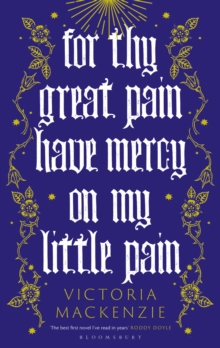
- title
- For Thy Great Pain Have Mercy On My Little Pain
- author
- Victoria MacKenzie

- title
- Revelations of Divine Love
- author
- Julian Of Norwich

- title
- The Book of Margery Kempe
- author
- Margery Kempe
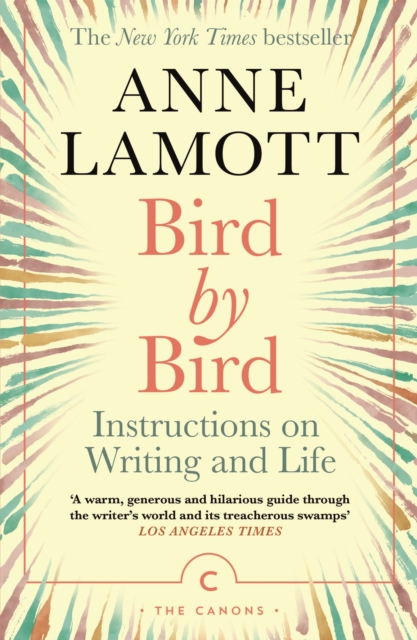
- title
- Bird by Bird : Instructions on Writing and Life
- author
- Lamott, Anne
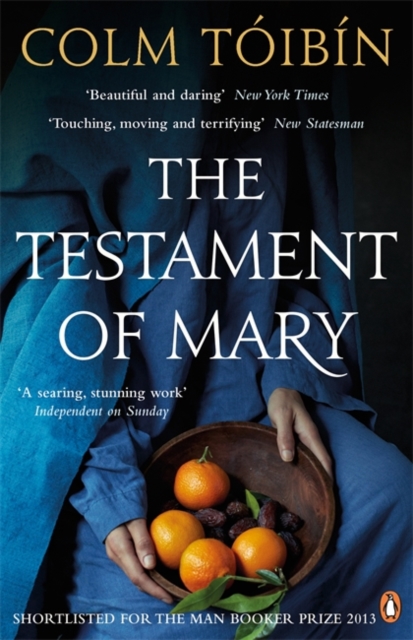
- title
- The Testament of Mary
- author
- Toibin, Colm
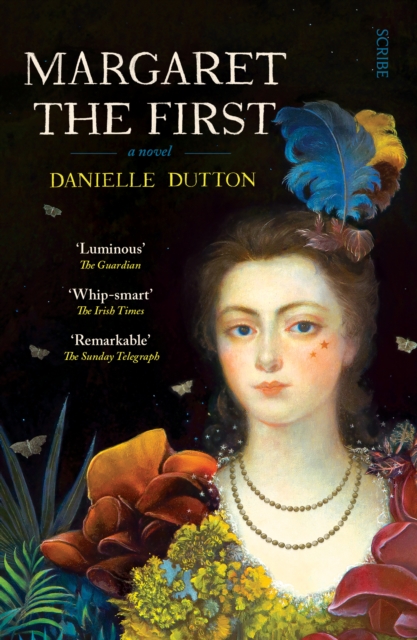
- title
- Margaret the First
- author
- Dutton, Danielle
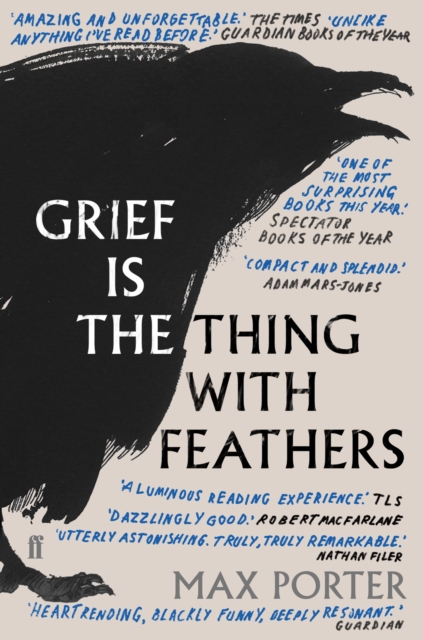
- title
- Grief Is the Thing with Feathers
- author
- Porter, Max
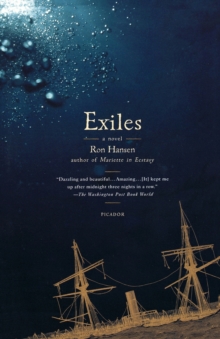
- title
- Exiles
- author
- Ron Hansen
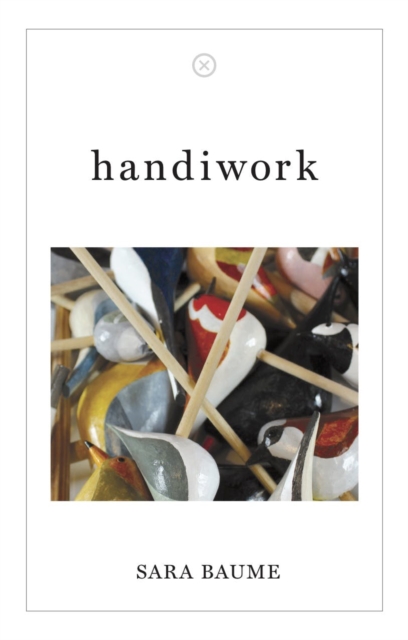
- title
- handiwork
- author
- Baume, Sara
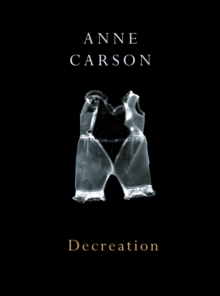
- title
- Decreation
- author
- Anne Carson